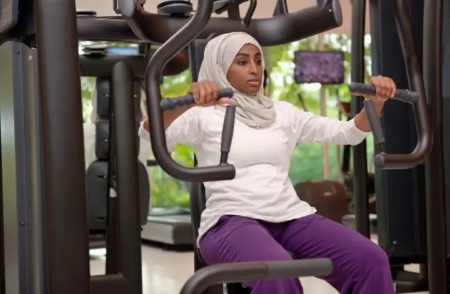Somali women and children health remains one of the country’s most pressing development issues.
Despite gradual improvements in recent years, millions of Somali women and children still face life-threatening health risks driven by poverty, conflict, displacement and limited access to basic services.
High Maternal and Child Mortality Rates
Somalia records some of the highest maternal and infant mortality rates in the world. Current estimates show around 621 maternal deaths per 100,000 live births and 36 newborn deaths per 1,000 live births. While one in eight Somali children dies before reaching the age of five.
Malnutrition is a major driver of poor outcomes, with nearly 40% of children under five classified as malnourished.
The prevalence of female genital mutilation (FGM), affecting almost 99% of Somali women aged 15–49, further increases complications during childbirth.
Somali Women and Children Have Limited Access to Health Services
Only about 40% of Somalia’s population has access to basic health care.
Years of conflict and underfunding have weakened the health system, leaving many communities — especially rural and displaced populations — without skilled birth attendants, vaccination programs or essential medicines.
The country’s heavy reliance on international aid makes its progress fragile.

Ongoing Programs and International Support
Despite these challenges, there are promising initiatives.
“Better Lives for Somali Women and Children” program, funded by the UK and UNICEF, aims to expand maternal and child health services nationwide.
The World Bank’s Damal Caafimaad project also targets underserved regions, improving immunization and nutrition for displaced families.
UNFPA and the Ministry of Health are promoting family planning to reduce pregnancy-related risks, while mobile “health camps” deliver vaccines and maternal care to remote areas.
Key Foundation for Somalia’s Social and Economic Recovery
With sustained funding and stronger institutions, Somalia could see real progress in lowering mortality rates and expanding family planning, immunization and nutrition programs.
Tackling serious practices such as FGM and improving access to quality health services will be key to achieving long-term change.
Women’s and children’s health in Somalia is not just a humanitarian priority; it is a foundation for the country’s social and economic recovery.
Continued investment, community engagement and international partnerships can help build a healthier future for Somalia’s most vulnerable populations.








